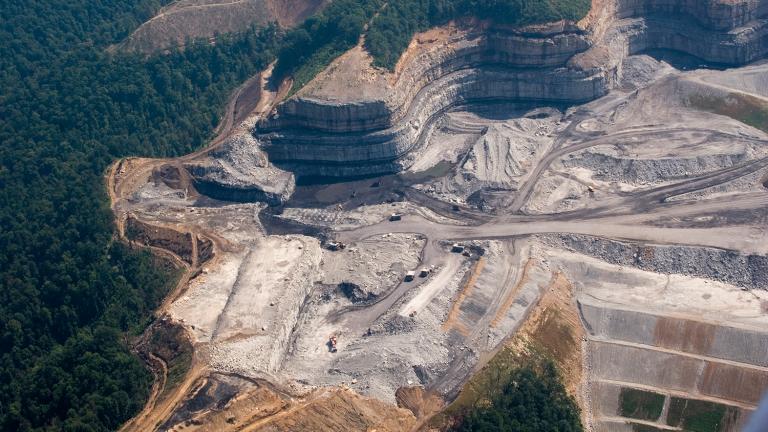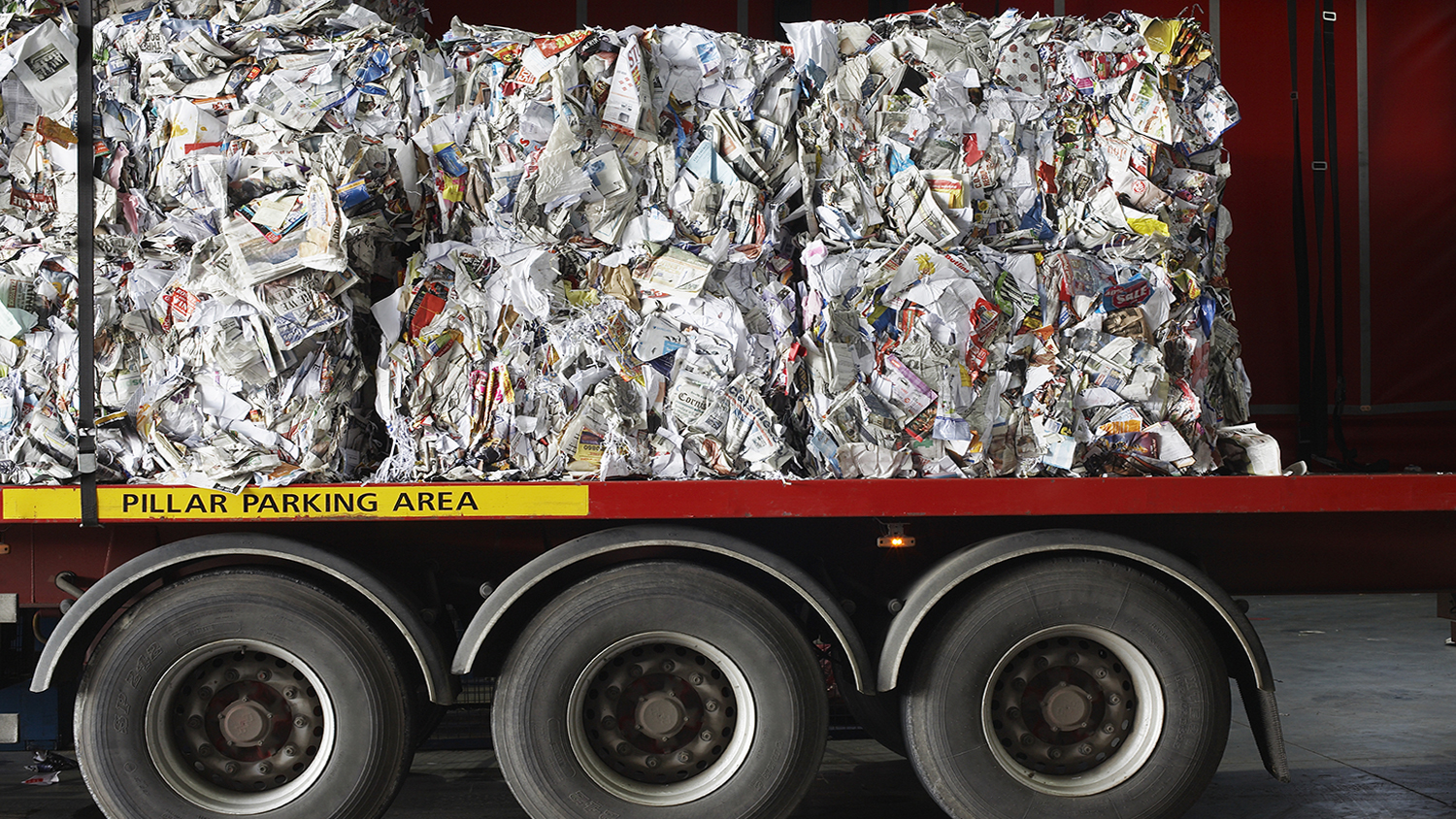Q. I’m considering using TerraCycle’s programs both at home and at work – the kind of products they accept seems too good to be true! They take many things that aren’t accepted by my local recycling facility. The catch is that TerraCycle is located in New Jersey, all the way across the country from my home in Washington State. Is it worth the greenhouse gas emissions to ship my otherwise un-recyclable waste almost 3,000 miles?
Jana F.
Tacoma, WA
A. Dearest Jana,
What we have here is a classic Lesser of Two Evils scenario. On the one hand, we know that tossing household waste into the landfill is bad. On the other hand, we know that shipping anything across the country has its own emissions footprint because of the fuel required to do so — which is bad. So, which of these two is less bad?
Like so many of its ilk, this question is tricky because it involves so many variables, and there are so few apples-to-apples scientific analyses to help untangle them. So first, let’s unpack what’s at stake here. The easy thing to do with the stuff your curbside recycling program won’t take is, of course, to just throw it away. Then it likely ends up in a landfill, where it will basically never break down and might leak toxic metals and other nasty stuff during its long, long tenure underground. And let’s not forget that landfills have their own carbon emissions. (The other common destination for garbage, an incinerator that burns trash to create energy, has pollution problems, too.)
On top of that, though, we must also consider the wasted opportunity that comes from trashing hard-to-recycle items – electronics, say, or juice box pouches or toothpaste tubes or plastic bags. These things all contain useful materials that could be repurposed into something new, but we’ve just locked those treasures away. That means less recycled material on the market, which in turn means companies will have to turn to virgin resources for the next round of hard-to-recycle products. And often, making things out of raw materials uses a lot more energy than making things with recycled ingredients – so we must add those emissions to our scale, too.
On the other side of the scale, we have you loading up boxes of these vexing waste products and sending them to New Jersey, where the recycling company TerraCycle will transform them into new backpacks, picnic tables, paving stones, and more. This does require a cross-country journey on a shipping truck, most likely, and that does cost gas. Exactly how much carbon results from these shipments is very difficult to say without knowing the particulars of what you’re sending and how efficiently you’re packing it, though.
I couldn’t find any detailed analyses that tackled your particular question, Jana – but I did uncover a couple of studies that shed a little light on the subject. One paper out of the UK reported that shipping recyclables from Great Britain to China (a distance of more than 10,000 miles) spewed less carbon that condemning those items to a landfill. Another from the clothing company Patagonia compared the impact of shipping old polyester shirts to Japan for textile recycling to producing brand-new polyester (which comes from petroleum): It found that shipping the stuff overseas for recycling still resulted in 76 percent less energy use and 71 percent fewer carbon emissions than making the fabric anew.
For all of these reasons, I think recycling those chip bags cluttering up your garage is the way to go, even if that means sending them on a cross-country journey. The benefits of keeping them out of a landfill and of getting to reuse their materials outweigh the impact of shipping them. But that doesn’t mean we shouldn’t be diligent about minimizing shipping costs. For one, it’s best to handle these waste products as close to home as you can. Consider donating anything (laptops, decorative lights, that kind of thing) that might have a little life left in it. What can’t be donated can perhaps be recycled locally: This nearby program recycles electronics, for example, and neighborhood shipping stores may accept things like packing peanuts. Once those avenues have been exhausted, then a faraway recycling program makes sense.
Forgive me for going into broken record mode now, but it bears repeating that reducing consumption is always better than recycling. Take a good look at the hard-to-recycle items piling up in your home and office, Jana, and then ask yourself: Do I really need to buy my snacks in little plastic pouches? Must I serve drinks out of rigid plastic disposable cups? Is it absolutely essential that I brush my teeth? Sometimes the answer is yes (oh my, please feel free to brush your teeth!); sometimes it’s no. One thing we do know: Not buying something sure is easier than dealing with disposing it, isn’t it?
Precyclingly,
Umbra




